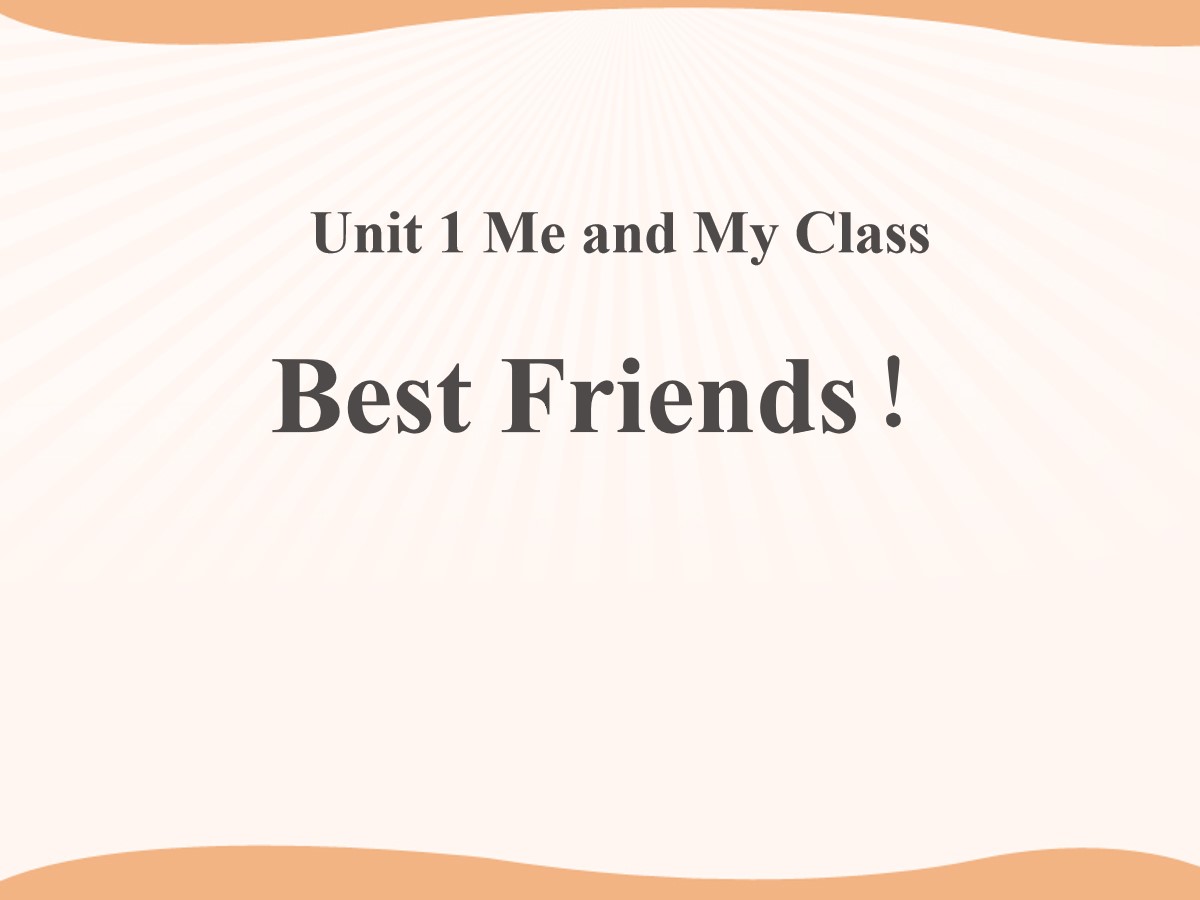《How Do You Travel?》Go with Transportation! PPT教学课件
![]() 0
0
 《How Do You Travel?》Go with Transportation! PPT教学课件
《How Do You Travel?》Go with Transportation! PPT教学课件
《How Do You Travel?》Go with Transportation! PPT教学课件
第一部分内容:词汇听写
同学们,上一课学习的单词你们都掌握了吗?现在大家来检验一下,点击下面的音频开始听写吧!
How do you travel in your city, town or village?
What's your favourite type of transportation?
... ... ...
How Do You Travel?PPT,第二部分内容:课文呈现
THINK ABOUT IT
·How do you travel in your city,town or village?
·What's your favourite type of transportation?
Jenny:How do you like to travel,Danny?
Danny:I like to walk. I can go almost anywhere❶ on foot. I can walk to school. I can walk to the park. I can walk to your house.
Brian:You can walk to the bakery to buy donuts. What about going to other cities?❷ Could you go to another city on foot? ❸
Danny:Of course not. That would be too far!
Jenny:I like to take a train to other cities. I love riding the train. It's my favourite type of transportation. What about you,Brian?
Brian:The train is good,but I couldn't take a train to London to visit my parents. London is across the ocean.
... ... ...
How Do You Travel?PPT,第三部分内容:知识讲解
anywhere /'eniweə(r)/ adv.在任何地方
本课anywhere用于肯定句中,还可用于否定句
或疑问句中。
eg:I can sleep anywhere. 我在哪里都能睡。
You can't go anywhere today. You must stay at home.
今天你什么地方都不能去。你必须呆在家里。
everywhere通常用于肯定句中,意为“每个地方,到处”;somewhere在(到)某处;nowhere 无处,任何地方都不。
—Hi,Bob!I can't find my history book. Have you seen it ________?
—Sorry,I haven't. Why don't you ask Jim?Perhaps he's seen it.
A.somewhere B.everywhere
C.nowhere D.anywhere
【点拨】anywhere可用于疑问句中意为“在任何地方”。A,B项通常用于肯定句中,nowhere意为“无处;哪里都不”。分析句意知询问是否在什么地方见过历史书,故用anywhere 表示。故选D。
How/What about...? ……怎么样?
介词about后跟名词、代词或动词的ing形式,常用来征求别人的意见。
eg:How about another cup of coffee?
再来一杯咖啡怎么样?
Jeff,today is Sunday. What about going to the movies?杰夫,今天是周日。去看电影怎么样?
Could sb. do...?某人可以做……吗?
在表示请求的疑问句中,我们常用could代替can,用来表示语气更加客气,更加委婉。肯定回答时用Certainly./Sure./Of course.等,否定回答可以用Sorry./Oh,please don't./Of course not.等。
eg:—Could I borrow your bike?
我可以借你的自行车吗?
—Yes,you can.是的,可以。
from...to... 从……到……
eg:We won from victory to victory.
我们赢得一个又一个胜利。
与from相关的短语:
be/come from 来自……
far away from 离……远
from time to time 不时,有时
stop...from 阻止……
be different from 不同于……
from now/then on 从现在/那时起
... ... ...
How Do You Travel?PPT,第四部分内容:Let's Do It !
1) Read the lesson and write true (T) or false (F).
1.Danny likes to travel on foot.( )
2.Brian would like to take a train to London.( )
3. Jenny likes to travel by plane.( )
4.It would take Brian a long time to take a ship to his hometown.( )
2) Listen to the passage and match the people with their favourite types of transportation.
3) Fill in the blanks with the words from this lesson.
The first letter is given.
1.The boy is strong enough to swim a_______ the small river.
2.A_______ every kid can send messages on his or her mobile phone now.
3.Mary's father is very busy. He s_______ gets home for dinner.
4.A:The buses are really slow in our city.
B:Yes,they are. We need more r _____ transportation.
5.A:How often do you go to your h_________ to visit your grandparents?
B:Twice a year.
... ... ...
How Do You Travel?PPT,第五部分内容:课堂练习
一、根据句意和首字母提示写单词
1.London is the capital of B_______.
2.The famous writer's h________ is a small village in Shanxi.
3.Mary likes staying at home, so she s______ goes out.
4.Nowadays, all kinds of t______________ can take us everywhere conveniently(便利地).
5.Brian never travels by ship, because taking a ship is not r______.
二、用括号中所给单词的适当形式填空
6.What about _______ (take) a train to Guangzhou?
7.Lucy doesn't like eating cakes, but she loves ________(eat) chocolate.
8.Taking the train is Jenny's favourite type of_____________ (transport).
9.Henry went into his bedroom ________(rapid) when he saw his father.
10.The little girl is often afraid to ________ (cross) the street.(白银)
... ... ...
How Do You Travel?PPT,第六部分内容:课堂小结
本节课主要学习了以下重点内容:
(1)重点单词:anywhere 等。
(2)重点短语:on foot, from… to…等
(3)重点句式:How/What about…? Could sb. do…?
1.熟记本课时的词汇
2.完成本课时的课后作业
《单元主题阅读与写作》Go with Transportation! PPT 第一部分内容:佳篇品读 阅读下面的短文,完成相关的任务。 How do students around the world go to school? In North America,..
《语法点集中攻坚》Go with Transportation! PPT 第一部分内容:动词不定式的用法 动词不定式的句法功能 主语 To learn English is not easy for us.=It is not easy for us to lear..
《Review》Go with Transportation! PPT 第一部分内容:Building Your Vocabulary Complete the clues and do the crossword. ACROSS 1.Yang Liwei was the first Chinese person to..
















 关于我们
关于我们 备案号:冀ICP备18037400号-20
备案号:冀ICP备18037400号-20